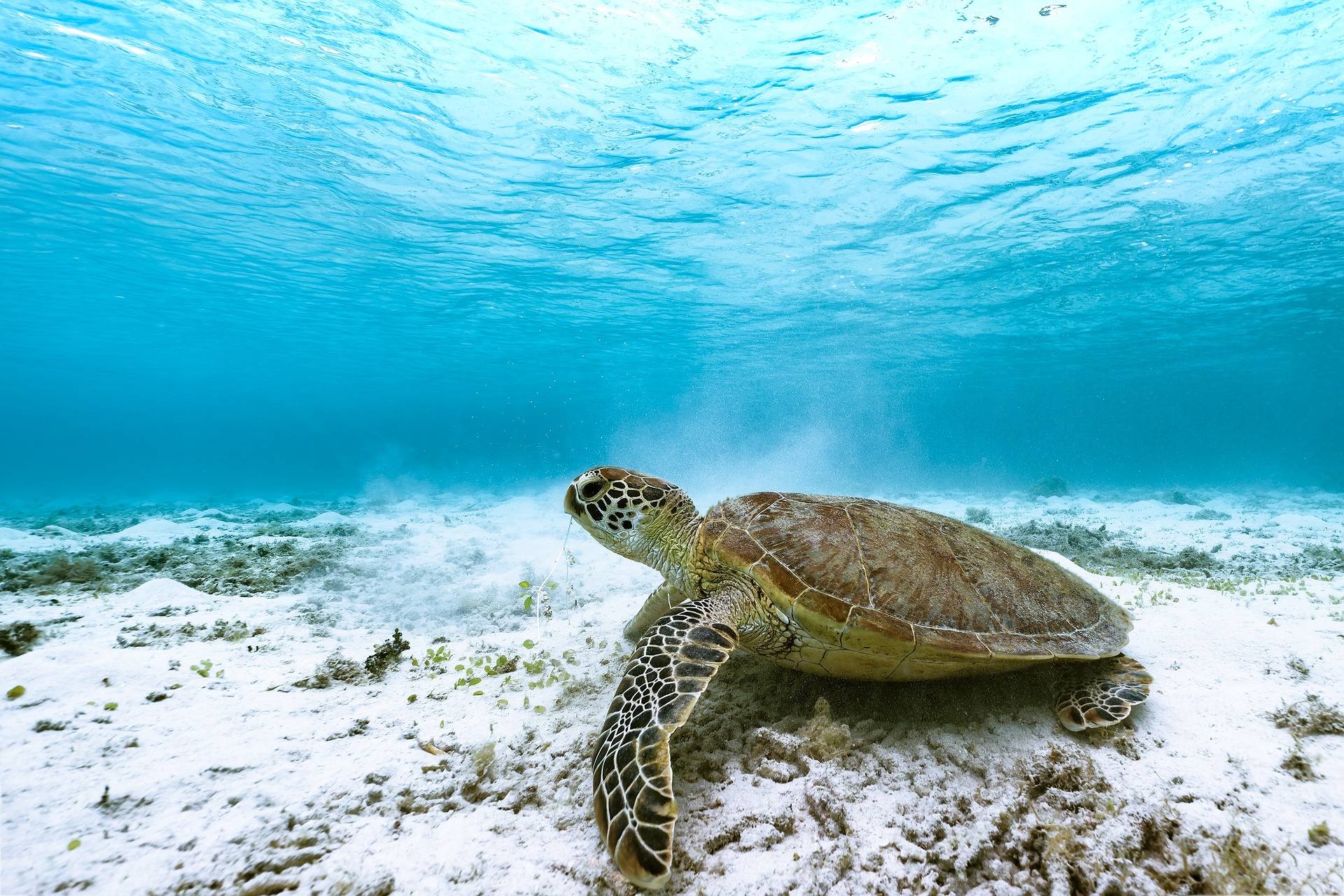News release
From:
The Royal Society
Summary: Climate warming is impacting sea turtle populations around the world. We investigated whether warming might be avoided by shifting sea turtle nesting seasons to a cooler part of the year. We show that even with the most extreme shift reported to date, temperatures will continue to increase at the majority of turtle nesting sites as the climate warms. Our results raise concerns for the long-term survival of this iconic animal group.
Attachments
Note: Not all attachments are visible to the general public.
Research URLs will go live after the embargo ends.

Research
The Royal Society, Web page
Please link to the article in online versions of your report (the URL will go live after the embargo ends).
Journal/
conference:
Royal Society Open Science
Organisation/s:
Deakin University
Funder:
This work was supported by the Bertarelli Foundation as part of the Bertarelli Programme in Marine Science
(grant no. BPMS-2017-4).



 Australia; VIC; QLD; WA
Australia; VIC; QLD; WA



